50+ Sample Cover Letter
-
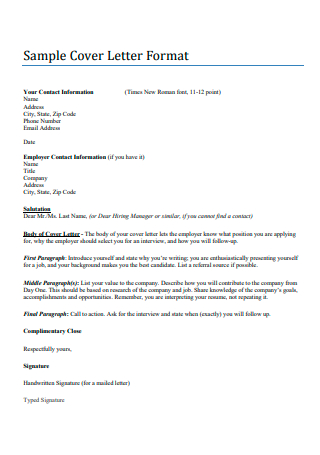
Sample Cover Letter Format
download now -
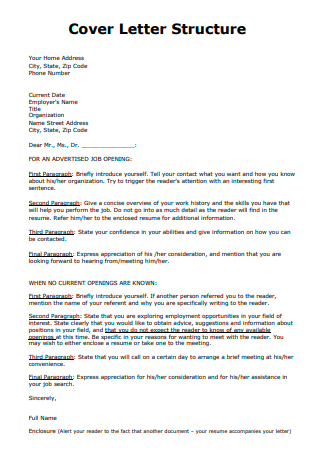
Cover Letter Structure
download now -
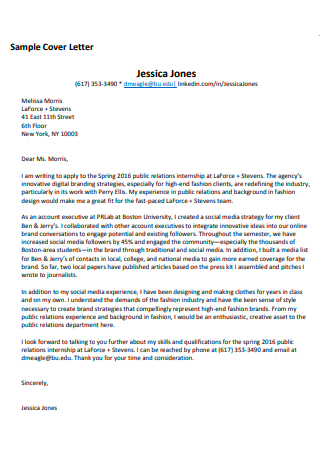
Sample Cover Letter Template
download now -
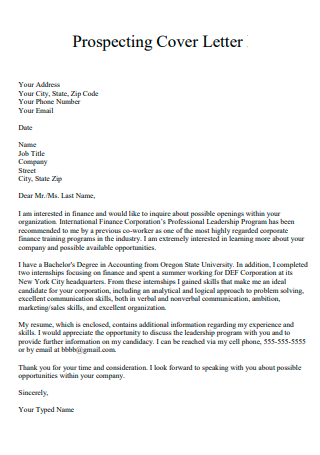
Prospecting Cover Letter
download now -
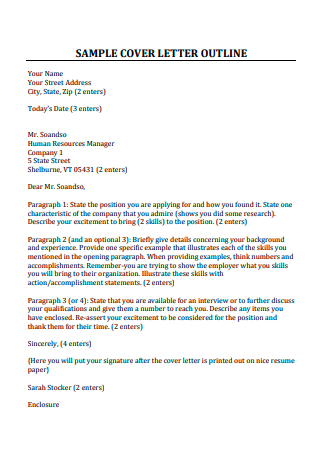
Sample Cover Letter Outline
download now -
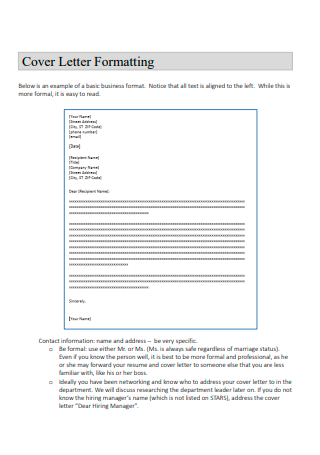
Cover Letter Formatting
download now -
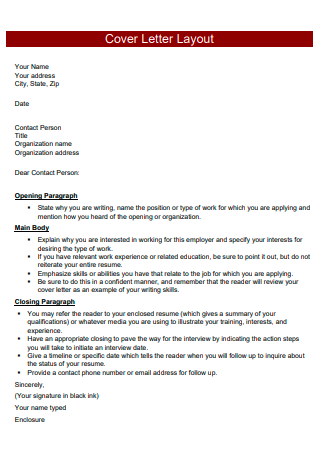
Cover Letter Layout
download now -
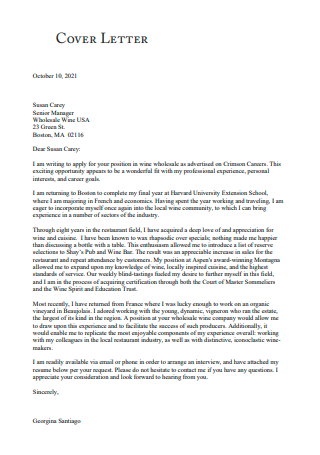
Cover Letter in PDF
download now -
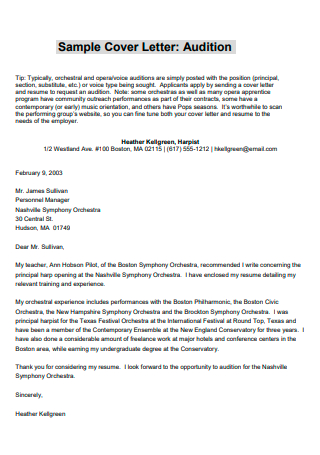
Audition Cover Letter
download now -
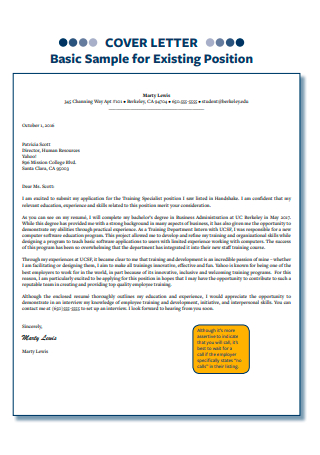
Basic Cover Letter For Existing Position
download now -
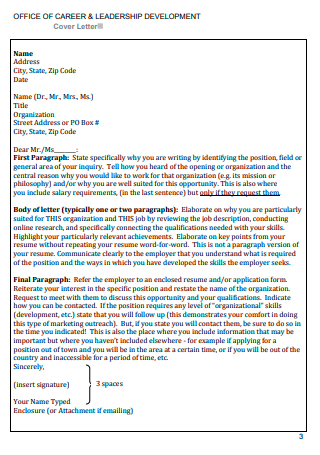
Office of Career and Leadership Development Cover Letter
download now -
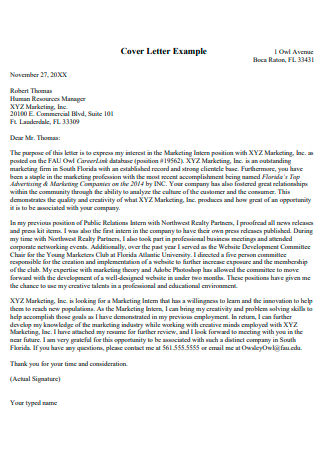
Cover Letter Example
download now -
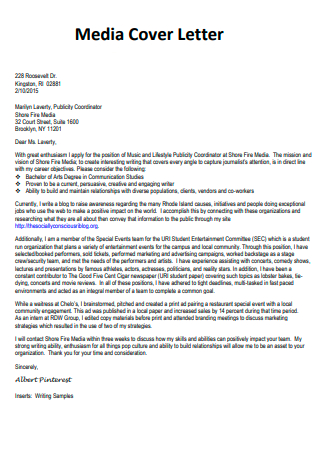
Media Cover Letter
download now -
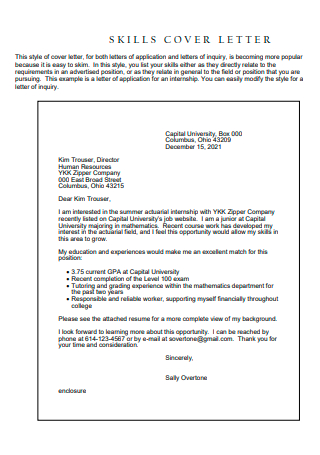
Skills Cover Letter
download now -
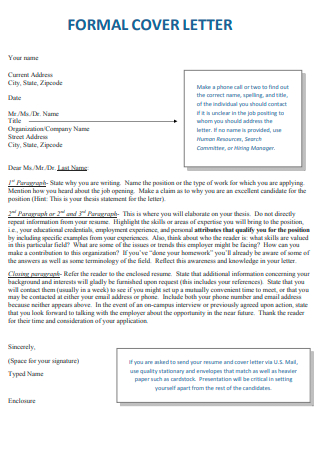
Formal Cover Letter
download now -
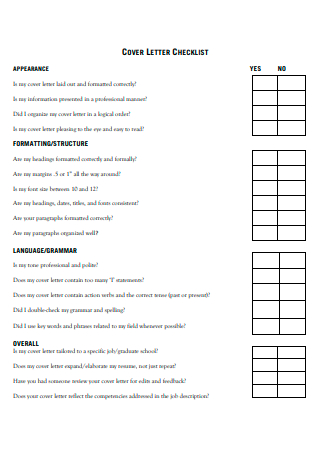
Cover Letter Checklist
download now -
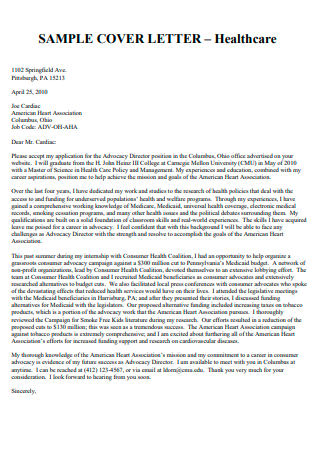
Healthcare Cover Letter
download now -
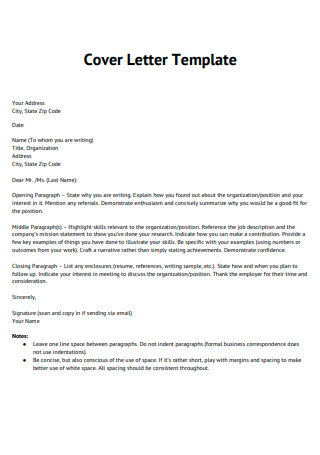
Cover Letter Template
download now -
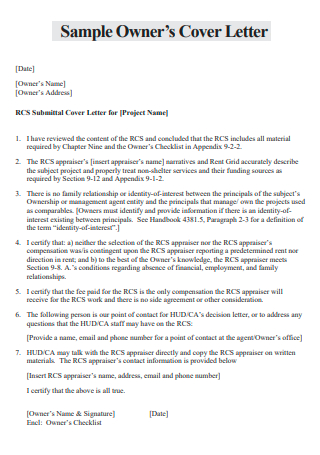
Sample Owners Cover Letter
download now -
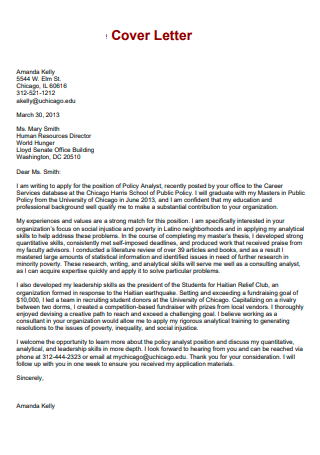
Simple Cover Letter
download now -
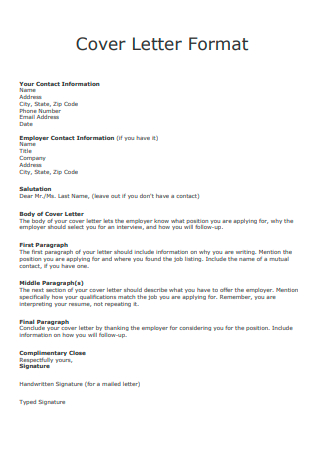
Cover Letter Format
download now -
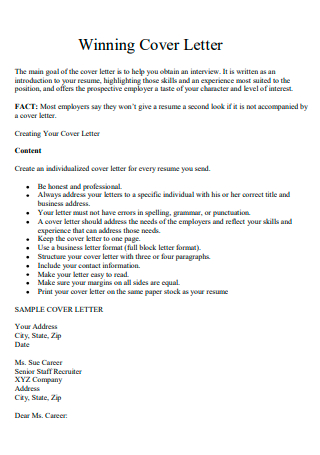
Winning Cover Letter
download now -
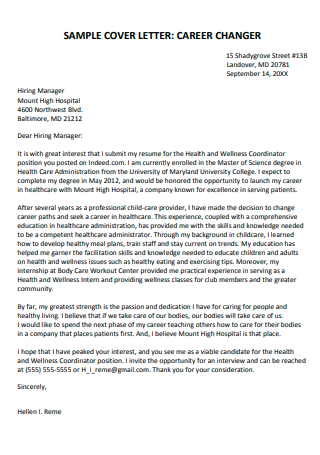
Career Changer Cover Letter
download now -
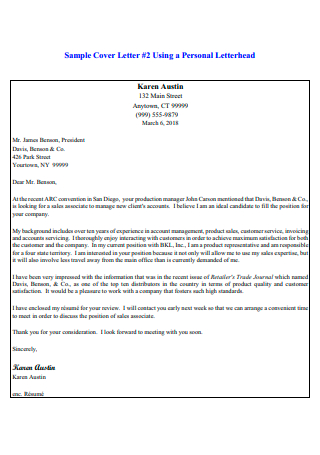
Personal Letterhead Cover Letter
download now -
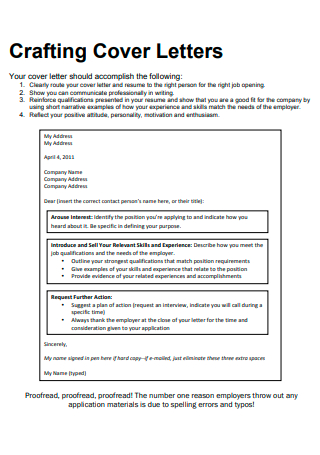
Crafting Cover Letter
download now -
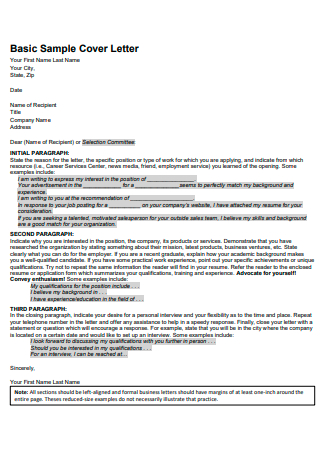
Basic Cover Letter
download now -
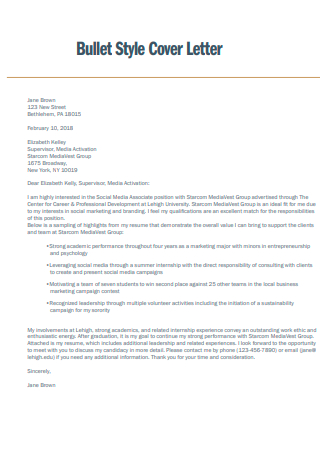
Bullet Style Cover Letter
download now -
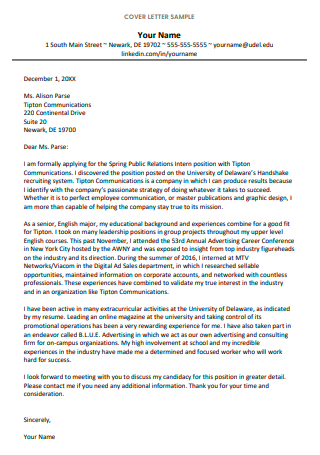
Standard Cover Letter
download now -
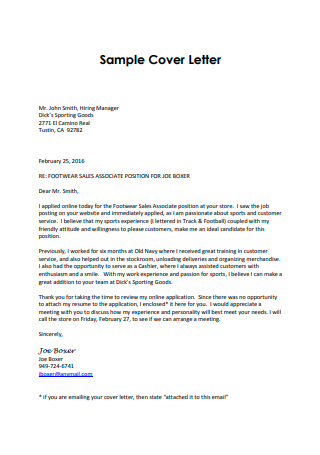
Printable Cover Letter
download now -
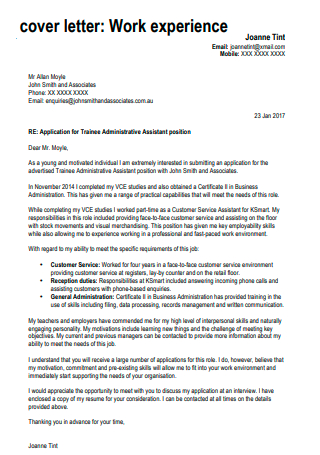
Work Experience Cover Letter
download now -
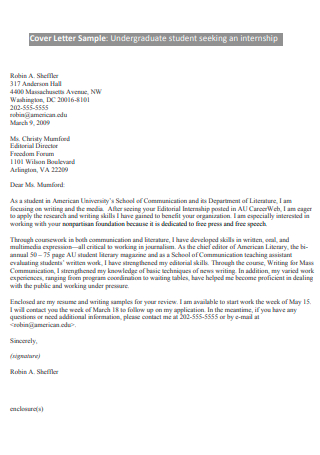
Undergraduate Student Internship Cover Letter
download now -
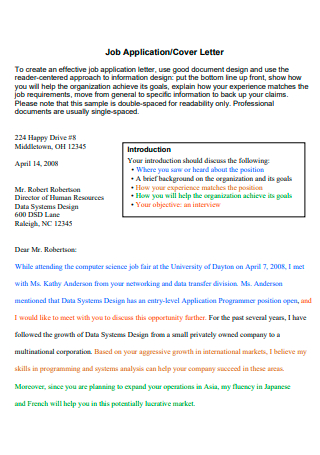
Job Application Cover Letter
download now -
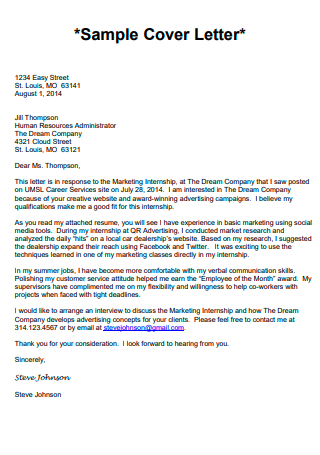
Sample Cover Letter in PDF
download now -
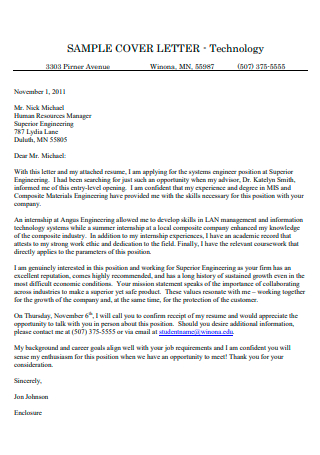
Technology Cover Letter
download now -
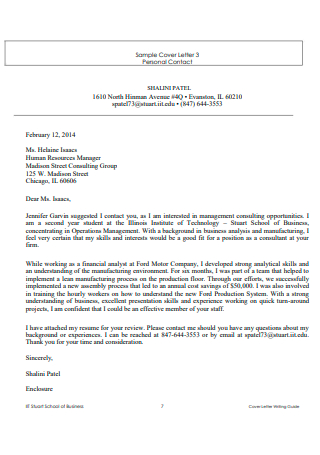
Personal Contact Cover Letter
download now -
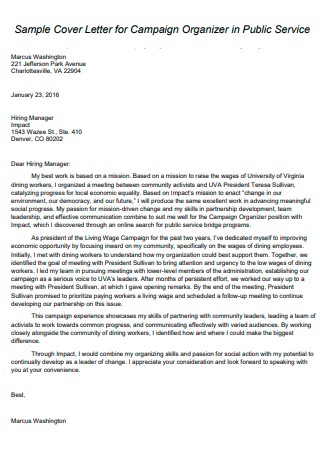
Sample Cover Letter For Campaign Organizer in Public Service
download now -
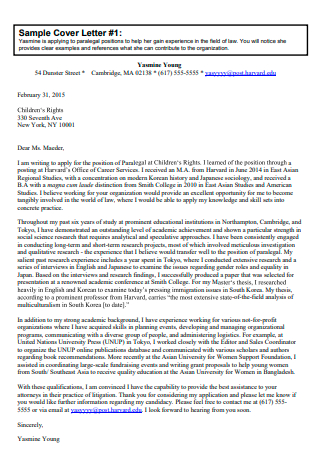
Draft Cover Letter
download now -
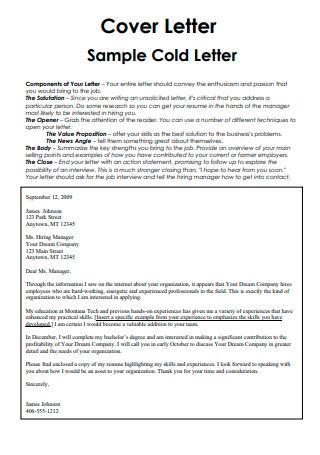
Sample Cold Cover Letter
download now -
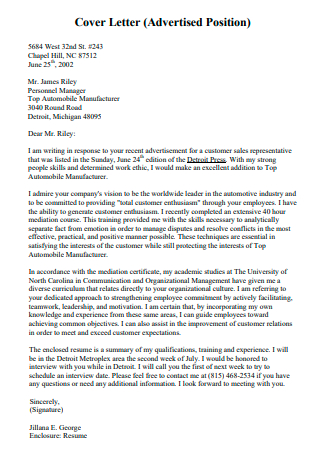
Advertised Position Cover Letter
download now -
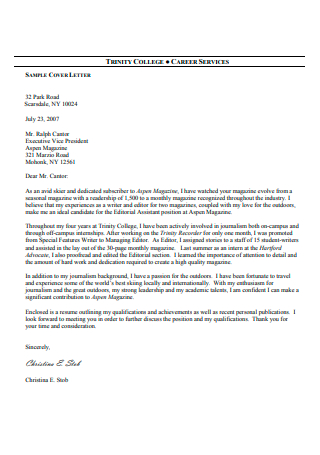
Career Services Cover Letter
download now -
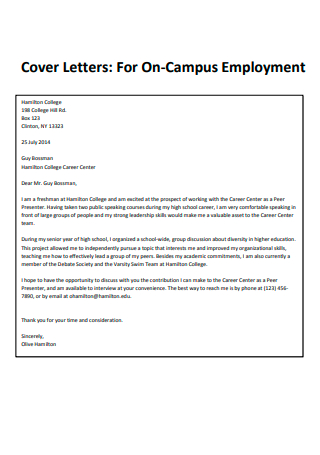
On-Campus Employment Cover Letter
download now -

E-Mail Cover Letter
download now -
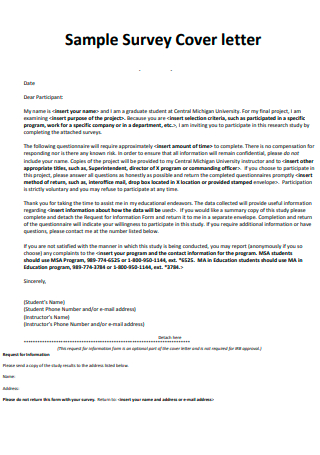
Sample Survey Cover Letter
download now -
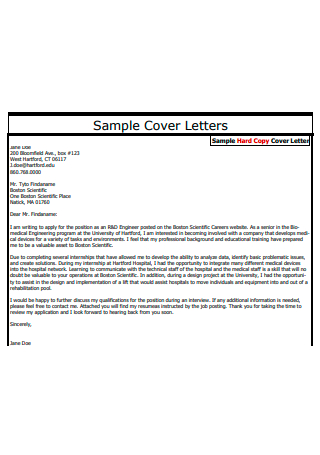
Hard Copy Cover Letter
download now -
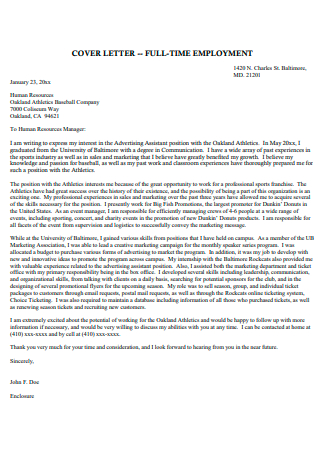
Full Time Employment Cover Letter
download now -
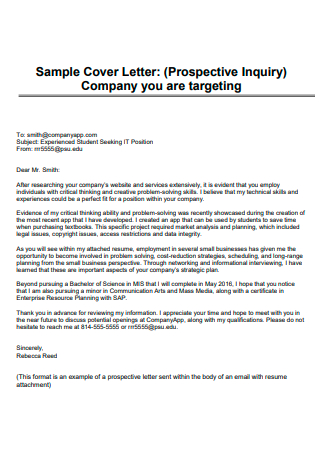
Prospective Inquiry Cover Letter
download now -
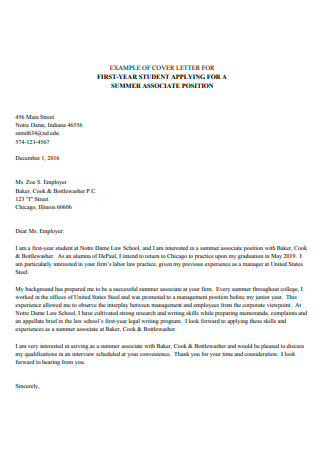
First Year Student Applying For Summer Position Cover Letter
download now -
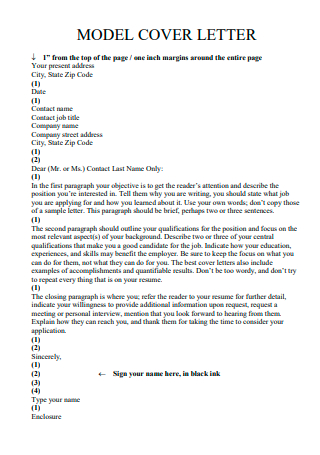
Model Cover Letter
download now -
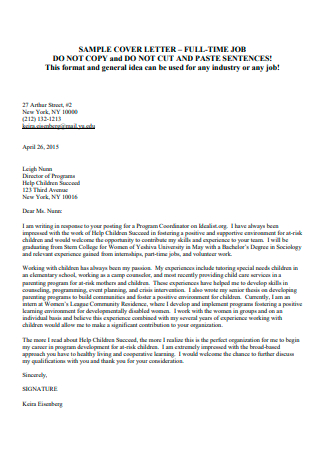
Full Time Job Cover Letter
download now -
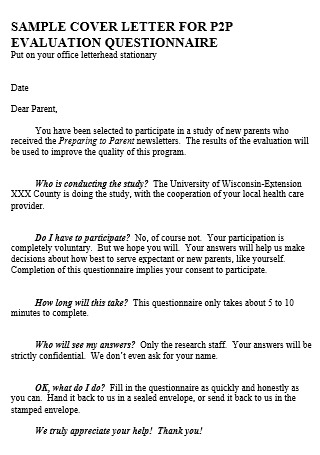
Cover Letter For Evaluation Questionnaire
download now -
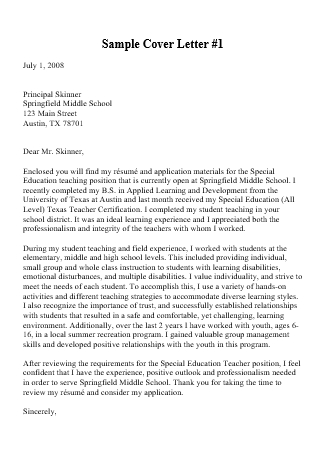
Cover Letter in DOC
download now
FREE Cover Letter s to Download
50+ Sample Cover Letter
What is a Cover Letter?
The Necessary Elements of a Cover Letter
Mistakes to Avoid When Writing a Cover Letter
Step by Step Process in Making an Effective Cover Letter
FAQs
How long should a cover letter be?
Should you be honest while writing a cover letter?
What are the different kinds of cover letters?
What is a Cover Letter?
By definition, a cover letter is a formal document that lets you introduce yourself to prospective employers in a personal way during a job application process. Cover letters are usually submitted together with the resume. This document explains your interest in the company and the job position as well as how fit you are for the particular role. It should also state your skills, work experience, and achievements that relate to the job that you are applying for. This differs from a resume because cover letters allow you to go into more detail about your professional career and explain in great detail why you would be a good fit for the company. A well-created cover letter combines your personality with the content that can be found inside your resume and piques your potential employer’s interest while making you unique from all the other applicants.
The Necessary Elements of a Cover Letter
Here are the necessary elements that you should include when you are making your own cover letter. Keep in mind that you should not discuss your entire life story and career. It should only include the highlights that relate to the job that you’re applying for.
Mistakes to Avoid When Writing a Cover Letter
Since writing a cover letter can be an intimidating task especially for those who are new to applying for jobs, mistakes can be found commonly. Since companies are always on the clock, they usually look for ways to eliminate someone from the application queue, and that unfortunate candidate could be you if there are any unnoticed errors within the cover letter. With that being said, here are some of the mistakes that you should be aware of:
- Being too self-focused. While it is essential to share your own achievements whenever you write a cover letter, you should also keep in mind that overdoing it is not a good idea. The main thing that companies want to know is the things that you can do for them, not the things that you have already done in your career. This is why they are looking for an employee in the first place. In making a cover letter, you should be able to state why you’re able to fill the gaps that they have in the company, then state your achievements and make sure they relate to the position you’re going for.
- Oversharing your achievements. Having this mistake can lead to a very crowded cover letter, which makes it confusing to read for the employer, which can lead to your application being immediately binned from the queue even before the interview process. It is also an easy mistake to make, which can be easily remedied. To combat this, you should tailor your cover letter to respond to the skills being required at a job listing instead of stating every single one of your achievements throughout your career.
- Sharing uncomfortable matters. You’re better off writing a diary if you choose to include your personal and uncomfortable matters in a cover letter. Potential employers are not your confidants. Instead, employers want your current information and in turn, the candidates should focus on the present. Instead of focusing on the reasons why you were laid off or why you quit your last job, focus on your achievements and the job that you are applying for.
- Forgetting to proofread. Proofreading is an important step whenever you write any kind of document. Forgetting or failure to proofread your cover letter can cause you to overlook any small details such as typographical errors, grammatical errors, inaccurate information, or any missing details. Mistakes in the document can happen whenever you’re juggling too many applications at once, or whenever you’re just exhausted during making a cover letter.
- Using the wrong tone. Being too formal and professional in writing your cover letter could result in boredom and disinterest on the hiring manager’s part, while being too casual in the cover letter may be interpreted as not taking the job application seriously. In writing the cover letter, it is important that the right balance of formality and flexibility. To combat this error, you must research about the company in order to fit their overall tone and style.
Step by Step Process in Making an Effective Cover Letter
A cover letter serves as a way of grabbing the attention of the hiring manager and you should keep in mind that it needs to be professional, polished, and complete with the information that the hiring manager needs to see. Any overlooked elements can even lead to your application being skipped entirely. With that being said, here are the steps you can follow to make an effective cover letter:
1. Write the header.
This part is common practice when writing any type of letter. This section of the cover letter should include your name, physical address, and personal contact information such as your phone number and email address, and the date of application. This section of the cover letter should also include your recipient’s details such as their name, their job position, the company name, and their contact information. Including the stated details will make the manager’s job of following you up for further details much easier.
2. Write a greeting.
As you conduct research about the company you’re planning to be a part of, you may have already known the name of the person who is in charge of overseeing job applications. As you address the letter to him or her, include a simple greeting accompanied by their first and last name or simply just their position title. Examples would be “Dear Hiring Officer,” or “Greetings, Miss Portier”.
3. Write your opening paragraph.
In this part of the cover letter, you should state your target job position and where you may have heard or found the job posting. This opening paragraph serves as a first impression and should easily grab the hiring manager’s attention. To do this, you should include specific and focused information that concerns the job that you’re looking for and a few skills that explain the reasons why you are suited for the job position.
4. Write the main paragraph or paragraphs.
This serves as the main body of the cover letter, which can be one or more paragraphs. When you write this section, keep in mind that you should include a concise overview of your background details while making them relevant to the position that you’re applying for. The main paragraph serves as the hooking mechanism of the cover letter. It should also state some of the key competencies that are present in your resume, but remember to not state them all in the main paragraph. You should also focus in this paragraph your most recent successes along with some measurable impacts you have made.
5. Write a closing paragraph.
This step should show that you’ve done your research on the company you’re planning to be a part of. You can also state in this paragraph all the ways in which you can contribute to the company. You can expand on the skills you’ve listed in the previous paragraph or use this section as an opportunity to discuss your transferable skills if you are undergoing a career shift.
6. Write the closing remarks and signature.
When you’re done with the main body of the letter, it is time to add the conclusion. The concluding section should be brief and can indicate that you would like to hear from them in the near future. Also customary with all the letters that are created, finish this document with your closing remarks. Keep in mind that they should be written in formal correspondence. When everything is done, finish the document by adding your name and signature.
FAQs
How long should a cover letter be?
The length of a cover letter is usually unspecified in a job listing. Because of this, there is no specified length when you write one. Just keep in mind that when you write one, make sure to fit all the important parts in as few paragraphs as possible so that the manager won’t be bored while going through it. The length of a cover letter may also be dictated by the important details that you include when writing it. It is also important to not indicate everything that is also stated in your resume to avoid making it too long.
Should you be honest while writing a cover letter?
Yes, you should be. Being dishonest in the contents that you write in the cover letter could backfire in the future whenever you are asked to further explain your skill set during the interview process or if you are asked to use them on the job.
What are the different kinds of cover letters?
There are different kinds of cover letters and they depend on their usage. These are the following: cover letters for inexperienced or new graduates, cover letters for people with experience, cover letters when no resume is required, and the last one would be the cover letters when no job is advertised. Using the appropriate type of cover letter can be a key to your progress in job hunting.
Even if a company does not state that they require a cover letter whenever they post a job opening, it still pays to have one prepared in you. Because having a cover letter ready when other candidates in the same job opening don’t have one will set you apart from them, and anything that makes you unique from the other candidates is a must have trait. Whenever you search for a job, it is imperative to have all the tools ready, whether the company requires it or not. In this article, examples of effective cover letters are provided for you to use as a reference when making one for your own.
